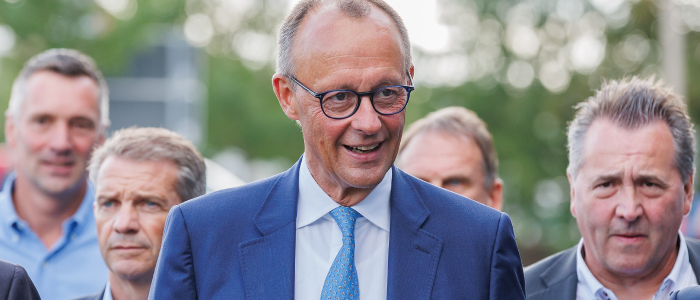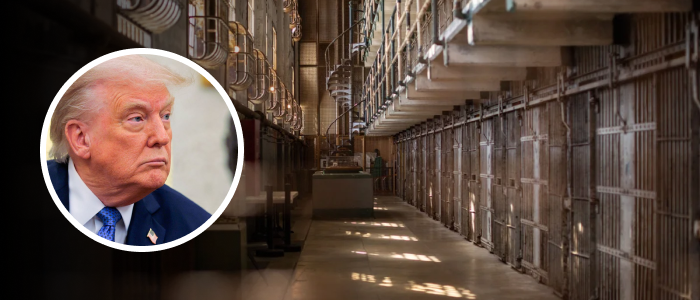As the world of work continues to transform, shaped by climate change, digital disruption, and rising inequality, there's one thing that never changes: protecting the health and safety of each and every worker, anywhere. Almost three million people die every year from work-related diseases and injuries, the International Labour Organization reports. The number is increasing.
In a dynamic, diverse region like East Asia and the Pacific, where fast-growing infrastructure and industry are colliding with weak health systems and climate hazards, the need for greater protections is urgent and clear. The good news? More people are starting to rethink how we embed safety and health into the heart of development. From donor agencies to governments and private contractors, there's a rising recognition that people-centred digital systems aren't add-ons; they're the foundation for safe and sustainable development.

At UNOPS, we are enabling this transformation by embedding health, safety, social, and environmental (HSSE) safeguards into everything we do. With more than half of our projects in fragile and conflict-affected areas, we have had to pioneer new thinking not just to help those most in need but to do so in a safe and reliable manner. UNOPS has leveraged its web-based Health, Safety, Social, and Environmental (HSSE) system to improve project activities in diverse and difficult locations across the East Asia and Pacific Region.
As UNOPS Regional Director for Asia and the Pacific, Sanjay Mathur describes, "In the environments we work in -- often remote, fragile, and underserved -- health and safety is not a checklist; it's a lifeline." Every project comes with a promise of safety, respect, and integrity. We don't only construct buildings; we construct trust.
The trust starts with getting each worker safely behind us daily, wherever they are and regardless of how challenging the conditions are. In the Philippines, it supported real-time safety monitoring and digital inspections during the construction of 13 isolation facilities and two Biosafety Level 2 laboratories. In Tuvalu, which is one of the most remote islands in the Pacific, the team used digital dashboards and the oneUNOPS Collect mobile app to remotely monitor safety and deliver HSSE training, overcoming geographic barriers.
In Papua New Guinea, digital HSSE tools enabled safe upgrades of rural health posts and equipment delivery in remote areas. In Palau, climate-resilient health centres were rehabilitated with support from digital HSSE systems, which ensured safety compliance despite island-specific challenges. We're also proud to implement virtual inspections, complementing physical site visits.
Our team adapts to ensure reliable data capture and connectivity for timely transmission. When travel isn't feasible, virtual inspections enable technical specialists and managers to evaluate sites remotely. UNOPS field personnel and contractors upload daily and weekly data via the HSSE digital platform, ensuring compliance with HSSE standards.
This approach maintains high standards despite physical constraints. Naturally, this transition isn't challenge-free. Stable connectivity, regular data capture, and on-the-ground capacity are still genuine obstacles, especially in underserved areas.
But our teams are learning to adjust. Virtual inspections, though once a back-up plan, are evolving into a strategic resource, so even when access is restricted, standards aren't. We believe that to maximise the impact, it is important to integrate a digitised Health, Safety, Social, and Environmental (HSSE) Management System with comprehensive training for contractors and government staff.
Technology alone is not enough; sound leadership, adequate resources, and a shared commitment to safety from donors to frontline workers are essential to achieve our goals. By combining digital tools with mandatory capacity building, we strengthen institutions and empower stakeholders to uphold safety across our infrastructure and procurement projects, driving sustainable development globally. At UNOPS, we are committed to setting a global standard, ensuring every project delivers safety and sustainability.
Let's honour that trust by putting people first, everywhere, every time. Samina Kadwani is Director at UNOPS East Asia and Pacific Multi-Country Office (EAPMCO) at United Nations Office for Project Services (UNOPS)..
Politics

Revolutionise health and safety with digitalisation

As the world of work continues to transform, shaped by climate change, digital disruption, and rising inequality, there's one thing that never changes: protecting the health and safety of each and every worker, anywhere.















